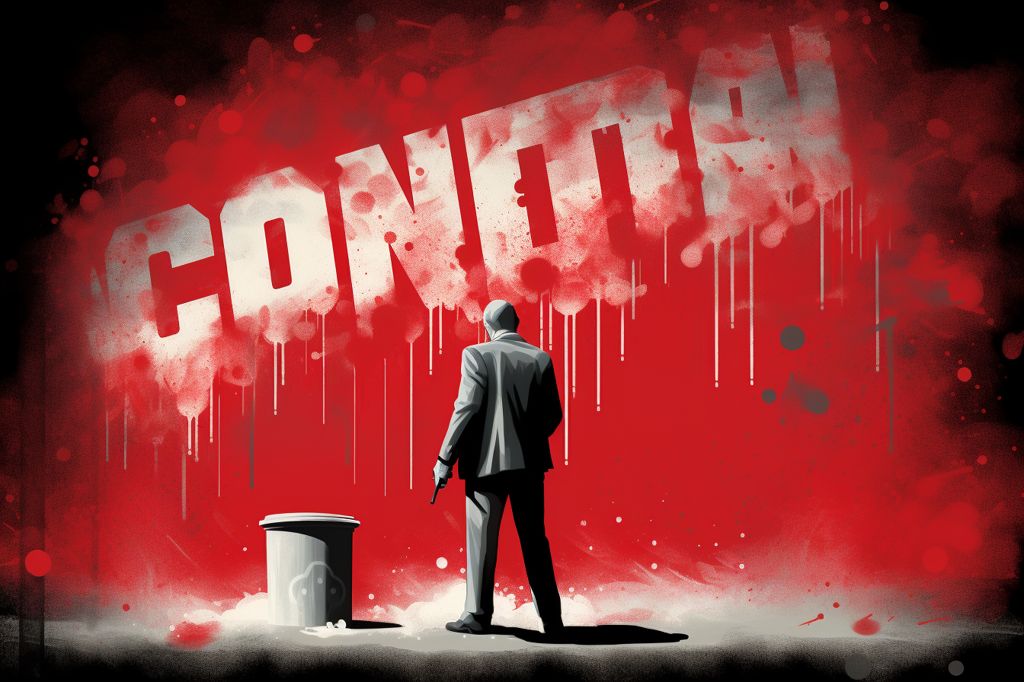In recent news, the head of the Special Investigating Unit (SIU), Andy Mothibi, has accused former Eskom CEO André de Ruyter of maladministration due to his approval of a covert investigation into the operations of the South African power utility. This action was taken without the authority or knowledge of the board, leading to calls for accountability and a parliamentary inquiry.
Scopa Investigation
The Standing Committee on Public Accounts (Scopa) has initiated an investigation into the corruption allegations made by de Ruyter during a television interview and subsequent book. Mothibi has stated that de Ruyter did not have the authority to investigate the affairs of Eskom and commissioned a parallel investigation, indicating a distrust of law enforcement agencies. The SIU is currently exploring options with the board and will advise accordingly, as de Ruyter is no longer an employee of Eskom.
Governance Issues
The secret investigation was contracted between Business Leadership South Africa and George Fivaz Forensic and Risk, and de Ruyter failed to inform the board about it, highlighting significant governance issues. Despite this, Mothibi emphasized that the investigation’s value in terms of the matters it brought to light should not be ignored, and the SIU is considering formally reaching out to de Ruyter as part of the ongoing process.
Implications and Questions
The investigation implicated politicians in corruption at Eskom, but further investigation is needed to assess the legal risk of these allegations. This case brings to light critical questions about the role of power utility CEOs and their responsibility in upholding ethical standards and proper governance. The actions of André de Ruyter have sparked a heated debate about accountability and the need for transparency in corporate management.
The Future of Eskom
This controversy only adds to the list of controversies surrounding the South African power utility Eskom, which has long been plagued by corruption allegations. As the investigation continues, it remains to be seen what consequences will be faced by the former CEO and other implicated parties and whether this will serve as a catalyst for positive change in the organization’s governance.












